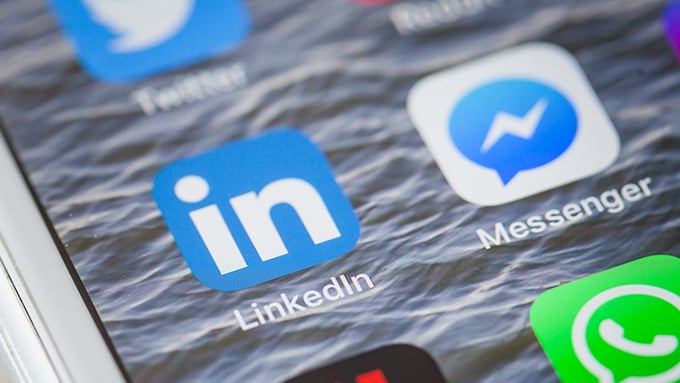Diversity Equity and Inclusion Trainer Amelia Stone looks at why transgender people may need to leave LinkedIn to protect themselves from insults and harassment.
As a transgender woman, I was saddened but not surprised to see the Microsoft-owned LinkedIn quietly water down its policy against hate speech recently.
LinkedIn spokespeople have been pretty vague and mealy mouthed about the implications of this change, but the removal of 'misgendering or dead-naming of transgender individuals' from its definition of 'hateful and derogatory content' means it's safe to say that the bar for reporting anti-trans behaviour on the platform has just been raised. Less reported, but equally significant, is that elsewhere, 'race' alongside gender identity, has also been removed from the language in LinkedIn's harassment guidelines.
In making this change, Microsoft is following other US tech giants Meta (Facebook), Alphabet (Google) and Amazon in diluting protections for LGBTQ+ people in their policies in an attempt to curry favour with the current US government and its 'anti DEI' stance.
On the individual level, this means that trans and non-binary people will experience more harassment on LinkedIn. Transphobic comments were already common on the platform and the chance that LinkedIn moderators will remove them just got slimmer. Only the most blatant threats are likely to be moderated. One result is that many trans people, including myself, will probably leave LinkedIn in protest and to protect themselves from insults and harassment.
And this presents a problem. Here in Aotearoa, and in the rest of the English-speaking world, we have become so dependent on US-based technology, software and web services that most people are not even aware of alternatives. This means at least tacitly supporting the increasingly illiberal and 'anti-woke' policies of these companies. It also means that our personal and professional data is owned by these companies, who have shown themselves willing to hand that data over to US authorities when asked.
We have very little leverage with the US tech giants, whose previously voiced commitment to diversity, equity and inclusion has been shown to be performative. What we can do, however, is begin to seriously explore alternatives to their products and services, and that includes LinkedIn. The fact that there is no obvious non-US alternative to LinkedIn for business networking should be seen as a challenge, not a roadblock. After all, aren't we proud of our ingenuity?
In the meantime, this trans woman is looking for European or Asian-based alternatives. Maybe I'll even revive my long dormant professional blog.




